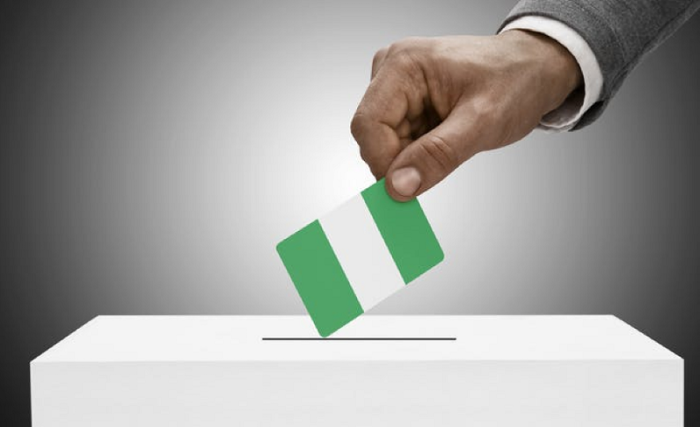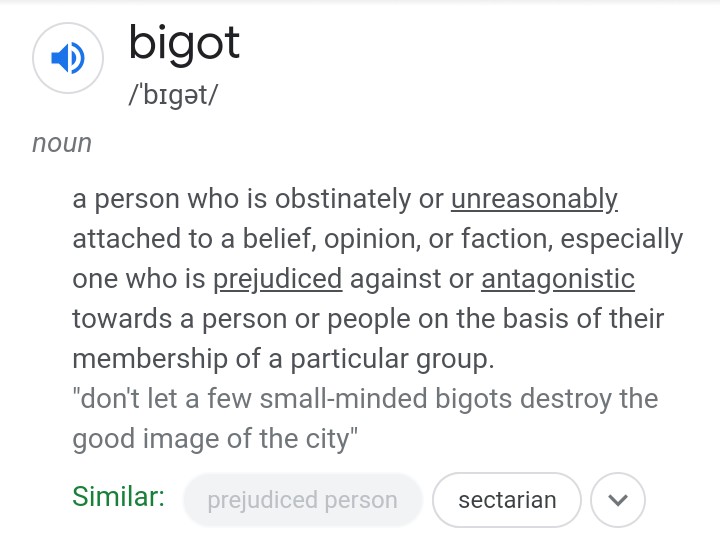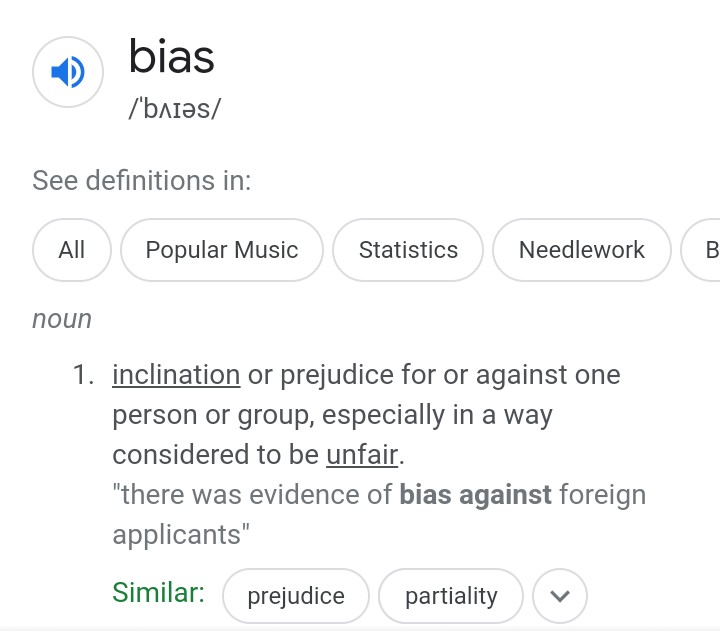
Be honest. How many times have you seen and heard the word “bigot” in the past couple of weeks? I, for one, have seen and heard it too many times to count and I realized something. People are so quick to accuse and call out religious and traditional bigots while overlooking other types of bias in the spectrum – and periods of elections are particularly infamous for illuminating these traits.
Don’t get me wrong. I’m not a bigot apologist or anything like that. But we all have reasons for supporting a particular candidate during the elections and not many of us decide solely based on facts. Nonetheless, this is understandable. After all, studies have proven that a fully informed vote is rarely, if ever, a reality.

Factors such as party labels and endorsement from respected persons or loved ones can play a major role in political decisions. Even a candidate’s age, looks, gender, personality, and the wildly talked-about religion and ethnicity can affect the decision. Research has shown that people tend to vote for politicians who have a similar personality to themselves.
Perception of a candidate’s probability to win is also a factor that can have a role in many people’s decisions. Emotions and sentiments like hope even influence voters and political aficionados who often make informed decisions.
So… Perhaps we’re all biased but some of us are more biased than others?

There is increasing evidence that our political behaviour is governed more by emotions and prejudice than rationality. Despite this, we tend to act like the opposite is the case in our arguments. If we were all exposed to the same facts then we would reach the same conclusions and thus make the same choices. However, we all have different ideologies and exposure and this informs our choices.
Unfortunately, once people have set their minds on something, it becomes hard to look at things objectively. This is especially true when it comes to politics and elections. People tend to hold on to their preconceived notions and prejudices for dear life. To agree that another person might have a valid point is synonymous with drinking gall. Because of this, many political discussions do not go well. They often involve raised voices and insults hurled all over the place. This is because many of the participants in these discussions are not willing to see another point of view much less accept it. They simply want to force their opinion down people’s throats.
Even when one makes a political decision without bias, the bias tends to crop up later on. Such a one then tends to selectively pay attention to things that agree with their political orientation. For example, agreeing with fake news and propaganda related to the opposition without making any effort to confirm the truth.Whereas they would not do so if it were their political affiliation that is affected.
Another thing is that most people turn a blind eye to the faults of the group or person they are supporting. They place their trust in them like they are some sort of messiah. It baffles me how people can huff and puff and beat their chest vouching for a politician. How can one trust a politician so blindly and completely hope in him based on his promises? Have they seen the intent of his heart? Why do people act like the group they are supporting can do no wrong? And when they do wrong, they regard it as being wise . You then see them agree with notions like “politics is a dirty game and to win you must also play dirty.”
During the presidential elections, I followed updates from supporters of the major competing political parties. Certain party affiliates were quick to post videos of election malpractice and violence caused by the opposition. Well, supporters of the opposition also posted videos of disenfranchisement and rigging done by the other parties. Of course, none of them addressed their affiliation’s malpractice. They only focused on the opposition’s wrongs. However, election malpractice is election malpractice, no matter what side it comes from. And although it might have been more blatant on one side, it does not dissuade the fact that many of us turn a blind eye to our preferred party’s obvious faults when it is the entire system of politics in this country that is flawed. Why?
The answer is simple. It is because we are biased. So, the next time you want to accuse or point fingers and cast stones at a person for being biased, perhaps sit and think about it first because you too might be acting out of bias.
In conclusion, we all need to be intentional about being as objective as possible when it comes to politics. It is only then we can progress as a nation.
Perhaps this piece is biased, but this is my opinion and I would love to know yours in the comments. Check out other opinions here.



1 reply on “On Nigeria’s 2023 Elections: Perhaps we are all biased?”